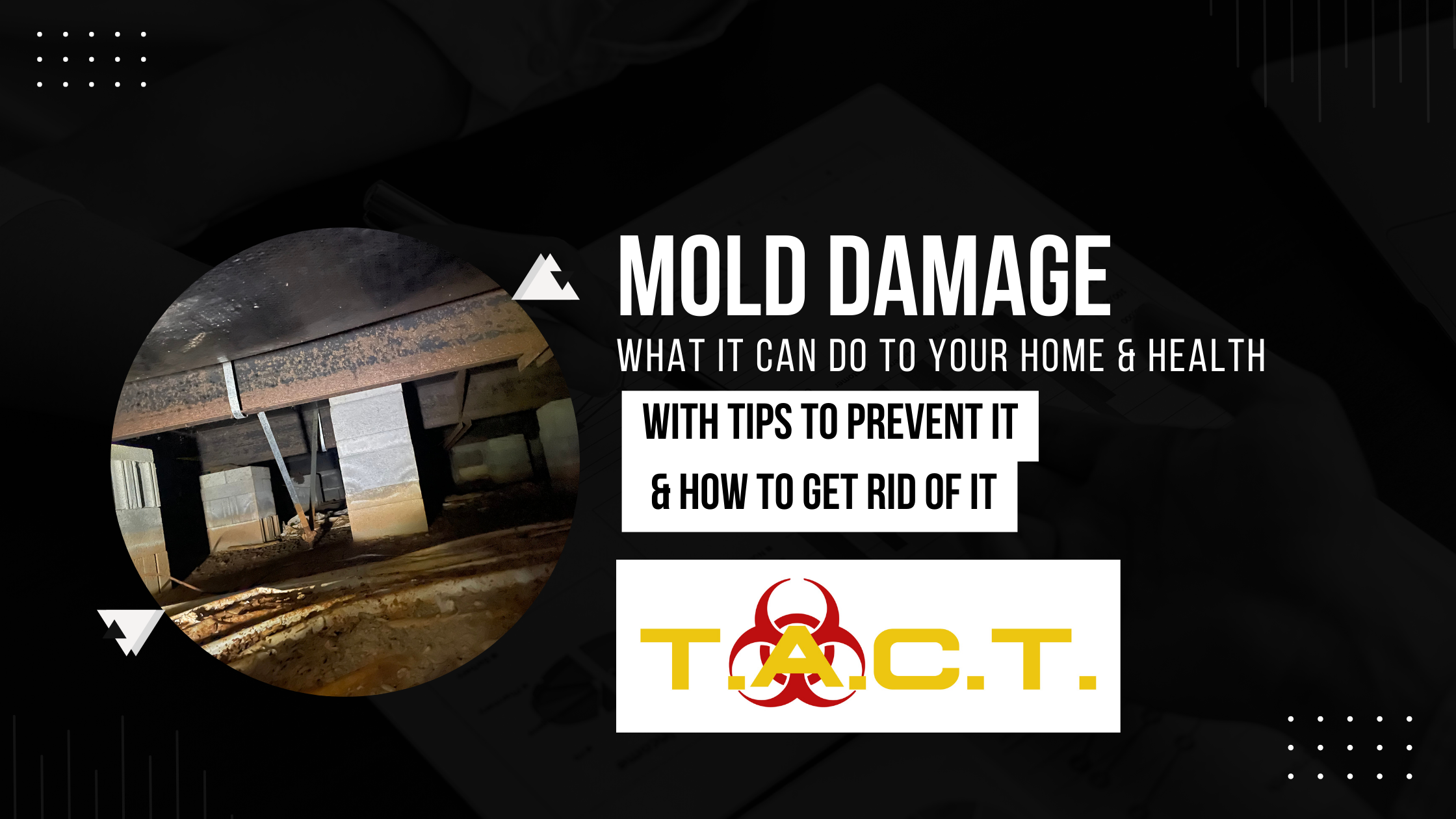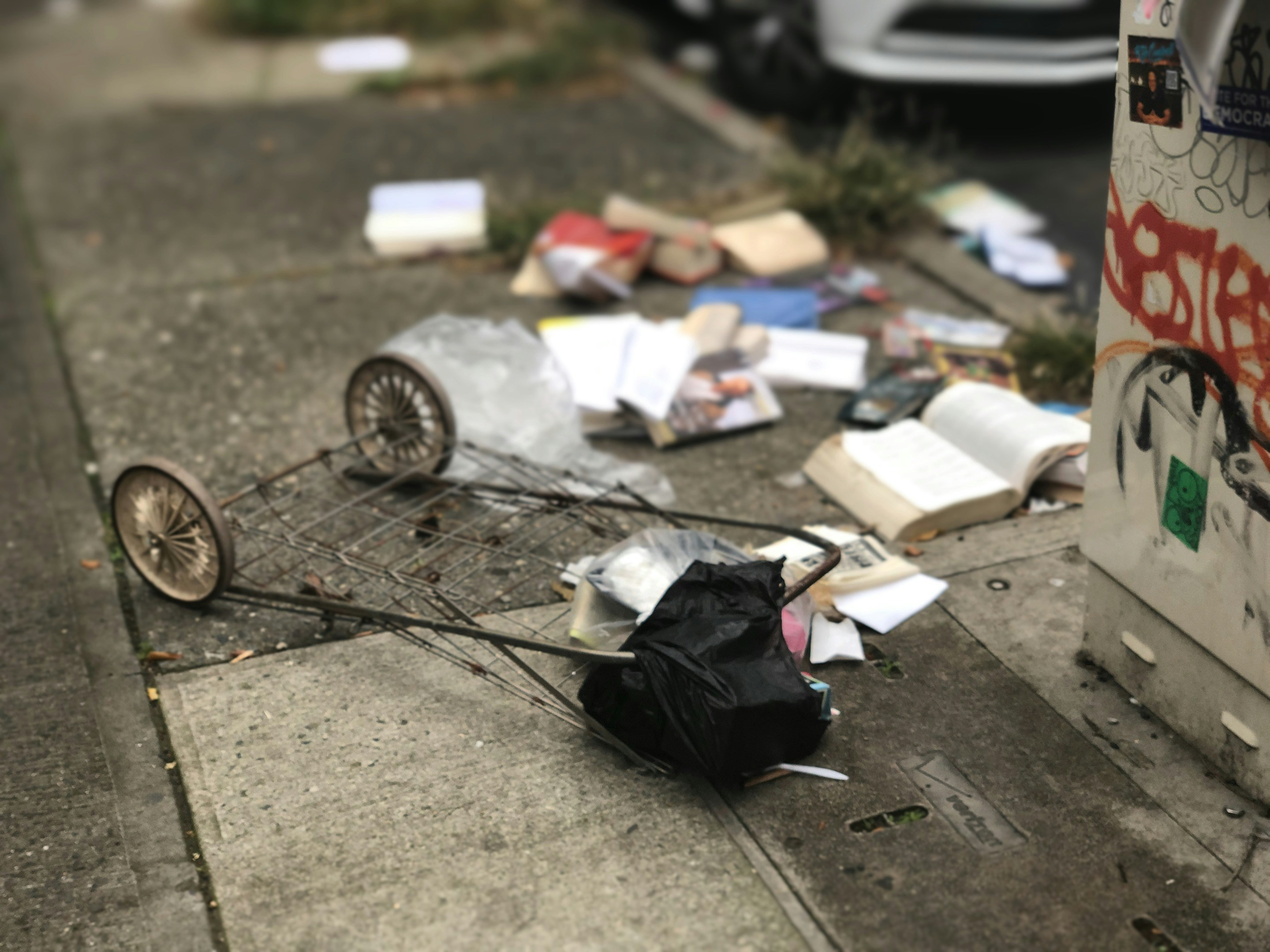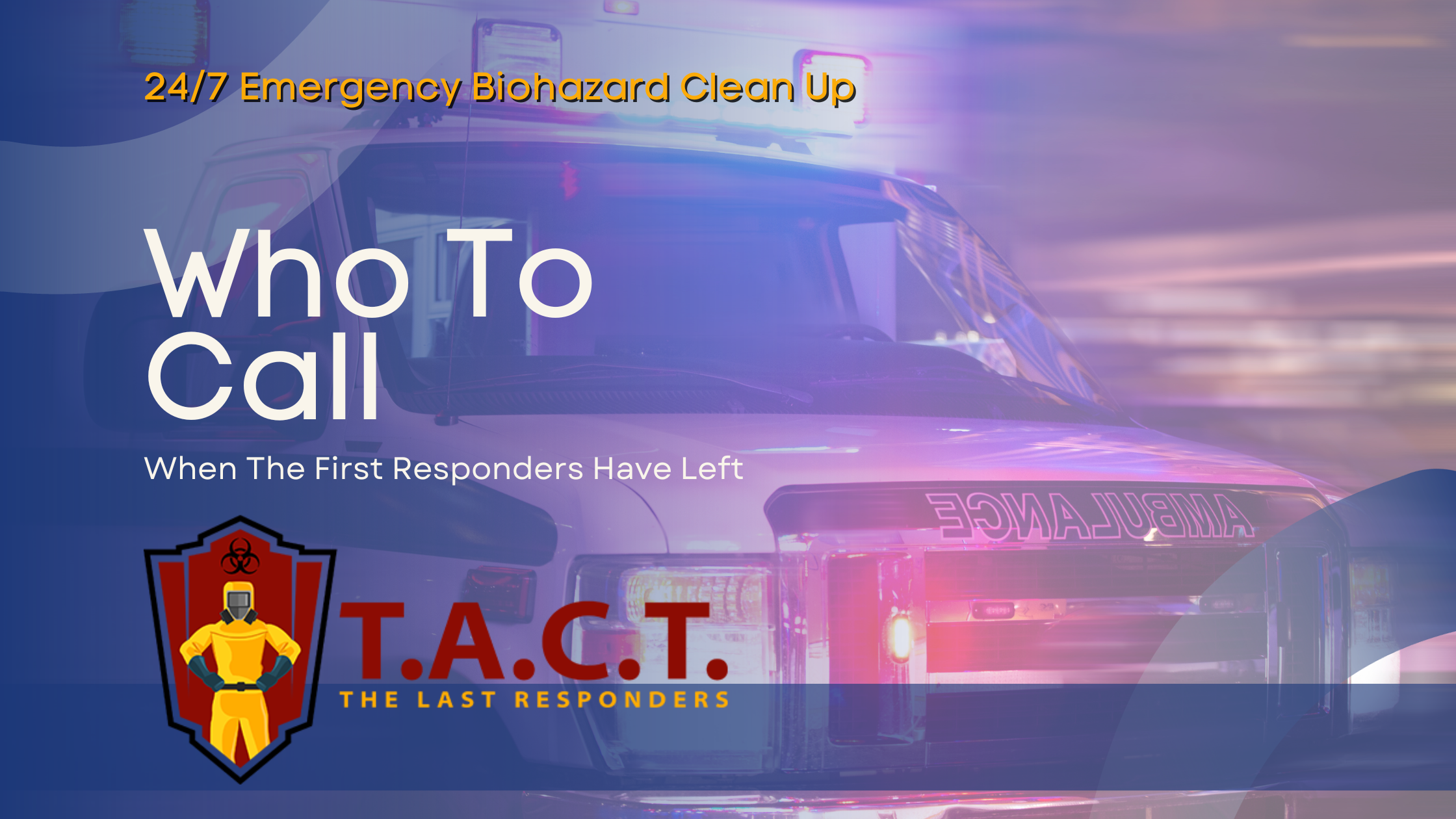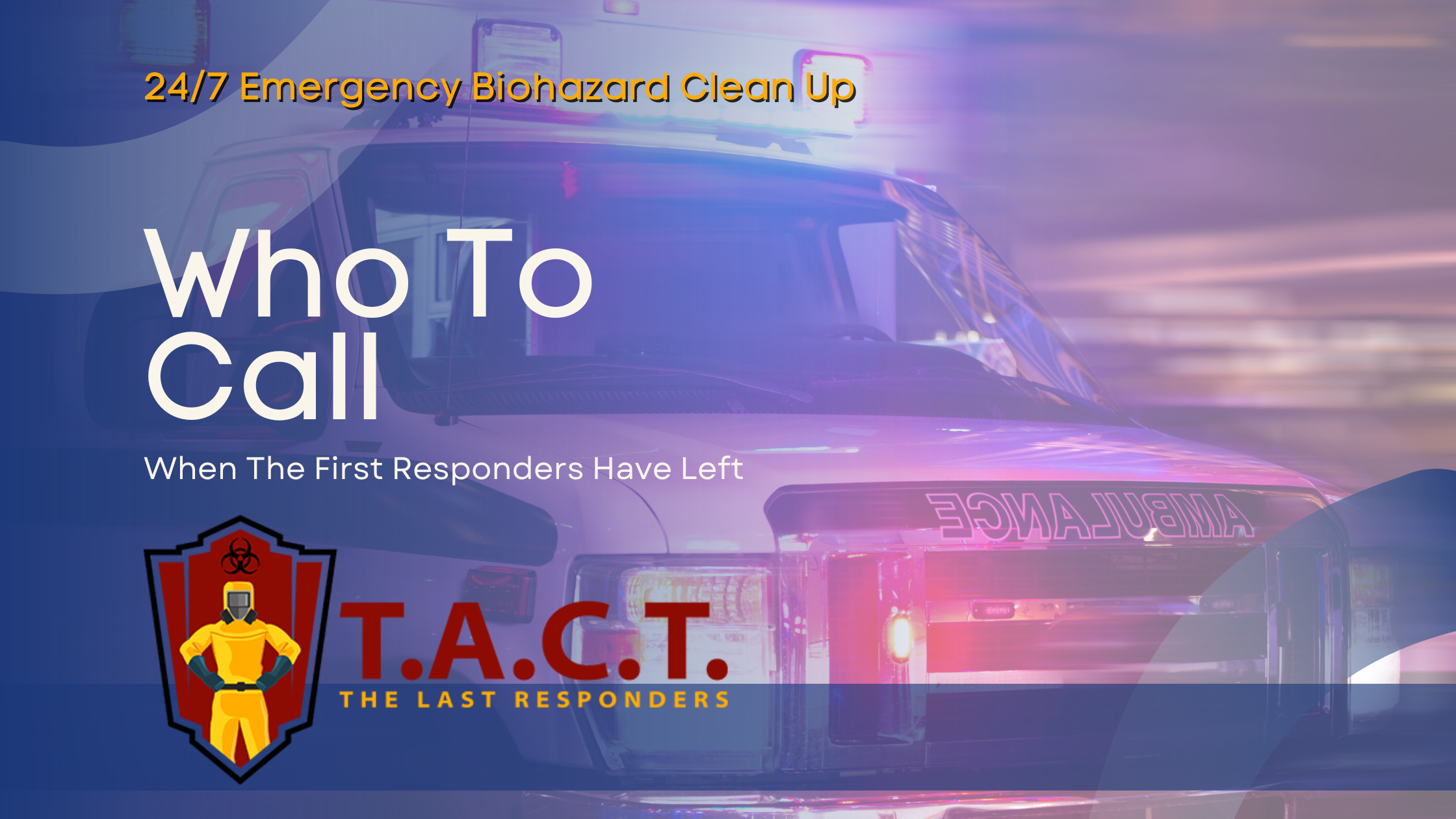The Damage That Mold Can Cause Is Impressive

If you have mold growing in your home or business, you might be wondering how serious the issue is and if you even need to address it. The answer is, yes, you do need to address it sooner rather than later. Whatever mold you can see easily is often just the tip of the iceberg. Mold is associated with a variety of problems, including health issues and structural damage.
How Mold Causes Structural Damage
Mold is a decomposer. Meaning its job is to decompose whatever surface it grows on, including wood, drywall, and insulation, and reproduce to cover more area. Warm, moist and humid conditions create the perfect environment for mold to grow. It is often hidden from view, making it difficult to detect and treat. By the time it becomes easily visible, you can almost bet that it is far worse than the small amount you can see.
Moisture from leaky seals on windows, dripping faucets, leaky and broken pipes, pooling water, poor drainage, or even steam from your shower in bathrooms without good ventilation is all the mold spores need to get their start. Mold spores can remain dormant for years waiting for the perfect conditions to come back to life. The spores are microscopic and a square inch of mold produces millions of them. Mold spores are carried in the air, by animals, and by people. So, even if you’ve never had problems with mold in the past, a new leak or other source of moisture might be all it takes for mold to become a problem for you!
Health Issues
Mold has been linked to a large number of health issues for both humans and pets. Some common symptoms include:
Allergic reactions: Mold spores can trigger allergic reactions in susceptible individuals. Symptoms may include sneezing, runny nose, itchy and watery eyes, coughing, wheezing, and skin rashes.
Asthma exacerbation: People with asthma may experience worsened symptoms when exposed to mold. This can lead to increased wheezing, shortness of breath, chest tightness, and coughing.
Respiratory infections: Certain types of mold can cause respiratory infections, particularly in individuals with weakened immune systems. These infections can affect the lungs and cause symptoms like coughing, fever, and difficulty breathing.
Sinusitis: Prolonged exposure to mold can contribute to chronic sinusitis, which is the inflammation of the sinuses. Symptoms may include nasal congestion, facial pain or pressure, headache, and thick nasal discharge.
Skin and eye irritation: Direct contact with mold or mold spores can cause skin rashes, redness, itching, and irritation. It can also lead to eye irritation, such as redness, itching, and watery eyes.
Allergic bronchopulmonary aspergillosis (ABPA): This is a specific allergic reaction to the mold Aspergillus. ABPA can cause asthma-like symptoms, including wheezing, coughing, and shortness of breath. It can also lead to fever, chest pain, and coughing up blood in severe cases.
Hypersensitivity pneumonitis: Prolonged exposure to certain types of mold, particularly in occupational settings, can result in hypersensitivity pneumonitis. This condition is characterized by inflammation of the lungs, causing symptoms like cough, shortness of breath, fever, chills, and fatigue.
If you, your family or your employees are experiencing any of these symptoms, they could be mold related. A professional mold remediation company, such as T.A.C.T. North Atlanta, can come to your home or business to perform a mold inspection for you. Using specialized equipment, we look in all the places you cannot see where mold likes to hide, such as inside walls, to determine if there is mold present and how serious it is.
Common Cleaning Methods That Are Actually Myths
Many people with mold issues think they can just take care of it themselves. The fact is most of the DIY methods found on the internet for cleaning mold don’t actually work!
Bleach: Bleach is commonly thought to kill mold, but it is not always effective, especially on porous surfaces like drywall or wood. Bleach can temporarily lighten the color of mold, giving the appearance of cleanliness, but it doesn't penetrate the surface to eliminate the root of the problem. Additionally, bleach contains water, which can promote further mold growth if not completely dried.
Vinegar: Vinegar is another popular natural remedy believed to kill mold. While vinegar has some antimicrobial properties, it is not powerful enough to effectively eliminate mold growth on porous surfaces. It may be more useful for cleaning non-porous surfaces or for preventative maintenance.
Ammonia: Ammonia is sometimes recommended as a mold cleaner, but it is not as effective as other alternatives. Ammonia can kill some types of mold on non-porous surfaces, but it doesn't penetrate porous materials well. Moreover, when mixed with bleach, ammonia can produce toxic fumes called chloramine gas that are harmful and known to cause severe reactions, including death.
Essential oils: Essential oils like tea tree oil, grapefruit seed extract, or lavender oil are often promoted as natural mold killers. While these oils have antimicrobial properties, they are not strong enough to completely eliminate mold growth. They may be useful as temporary solutions or for preventing mildew, but professional remediation is typically necessary for significant mold problems.
Paint or caulk: Painting over mold or applying caulk to seal the affected area without proper mold remediation is not an effective solution. The mold will continue to grow underneath the surface, causing further damage and health issues. Just because you can't see it after its been painted over, doesn't mean it is gone.
There are some proactive steps you can take to prevent mold from growing, including:
- Maintaining proper ventilation, especially in basements and attics, to ensure good airflow
- Use dehumidifiers- Most HVAC systems will allow an attachment that dehumidifies your entire home or business
- Fixing leaks promptly- Such as around windows and doorways, pipes, faucets and irrigation systems
- Keeping gutters clean and well maintained. Gutters keep moisture away from exposed surfaces and your foundation
- Storing items, such as outdoor furniture and cushions, properly
In most cases of mold, hiring a professional mold remediation specialist, such as T.A.C.T. North Atlanta, is necessary to safely and effectively eliminate the mold, starting with locating the source of the moisture. If you suspect mold growth in your home or business, it's crucial to act quickly to minimize potential health risks and property damage. T.A.C.T. North Atlanta specializes in mold remediation and is committed to customer satisfaction. We use specialized equipment to look for mold that is not easily accessible, such as inside of your walls.
Our mold remediation process involves several steps:
- Locate the source of the moisture and repair it
- Remove mold damaged areas, such as drywall
- Dry out the area thoroughly with professional grade drying equipment
- Clean and sanitize all affected areas using a special cleaning solution
- Run an air purification system for several hours to capture any remaining spores
- Test for mold levels again to ensure complete remediation
- Dispose of mold damaged items according to local and federal guidelines
- Provide you with tips to prevent future mold issues
Don’t let mold growth in your home or business take over! T.A.C.T. North Atlanta offers a proven solution to get rid of the mold for good. Get in touch with us to schedule a mold inspection for your home or business today. We are locally owned, certified and insured, and we are available 24/7 to assist you.
T.A.C.T. North Atlanta provides 24/7 emergency biohazard decontamination services for residents and businesses in the local communities that we serve. We specialize in clean up from suicides, homicides, crime scenes, trauma scenes, undiscovered death, blood spills, bodily fluids, vehicle decontamination, odor removal, dangerous pathogens, decontamination, sanitizing, tear gas, drug labs, mold remediation, hoarding, rodent droppings, and specialized cleaning services that vary by location*.
We work with all insurance providers, are licensed, bonded, and insured. We handle your situation discreetly and empathetically. When you call T.A.C.T. for help, your call will be answered by an owner or manager, never a call center or answering service. Our technicians are certified and highly trained in the latest methods. If you are in need of emergency assistance to clean up following a traumatic event, call T.A.C.T. North Atlanta.
*Services offered vary by location
Latest news

Delve into the essential stages of trauma scene cleanup in Atlanta, GA, providing insights into professional practices that ensure thorough restoration.
Read More
Learn why professional biohazard cleanup in Atlanta is crucial for safety. Discover the risks of DIY cleanup and the benefits of hiring certified experts.
Read More
